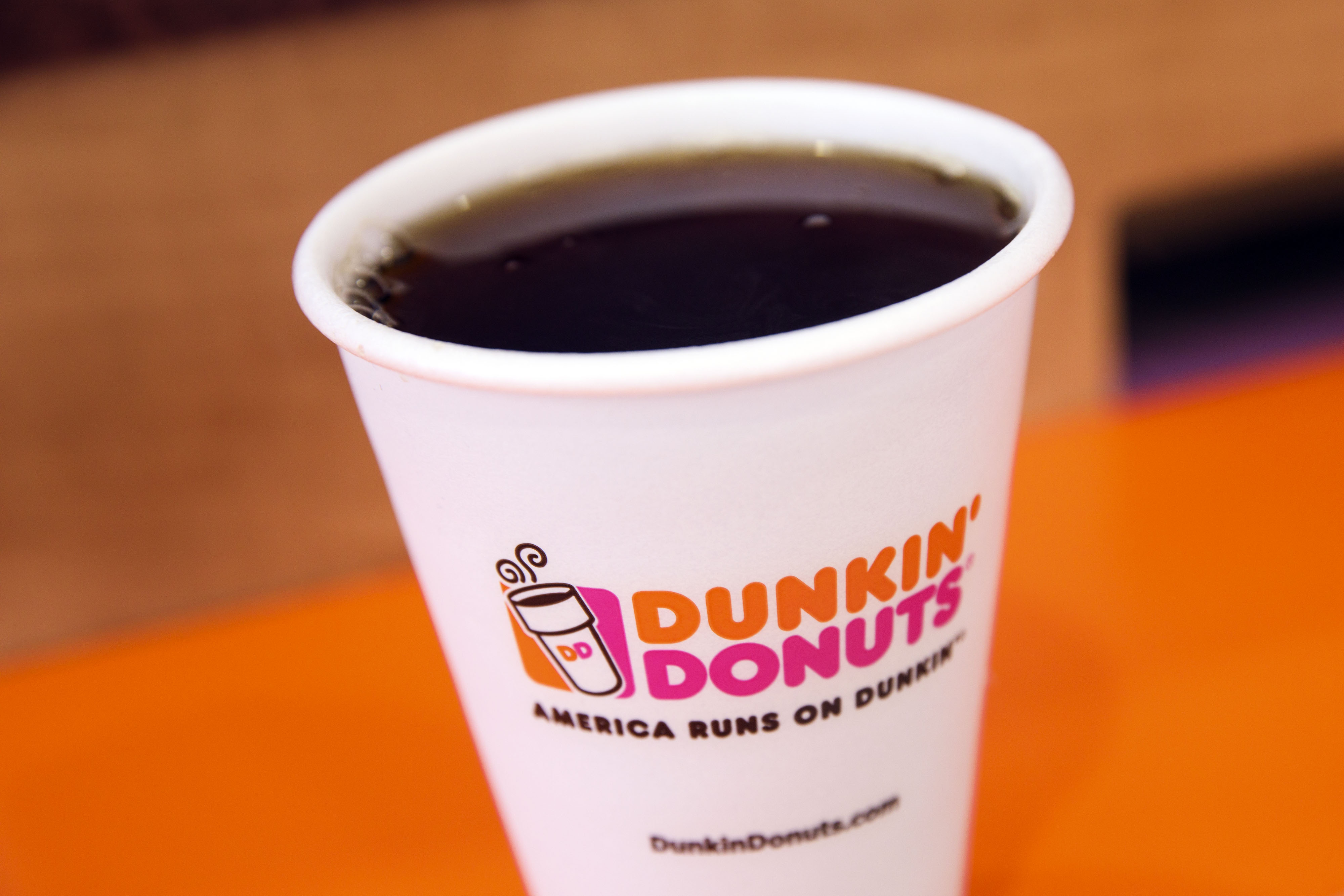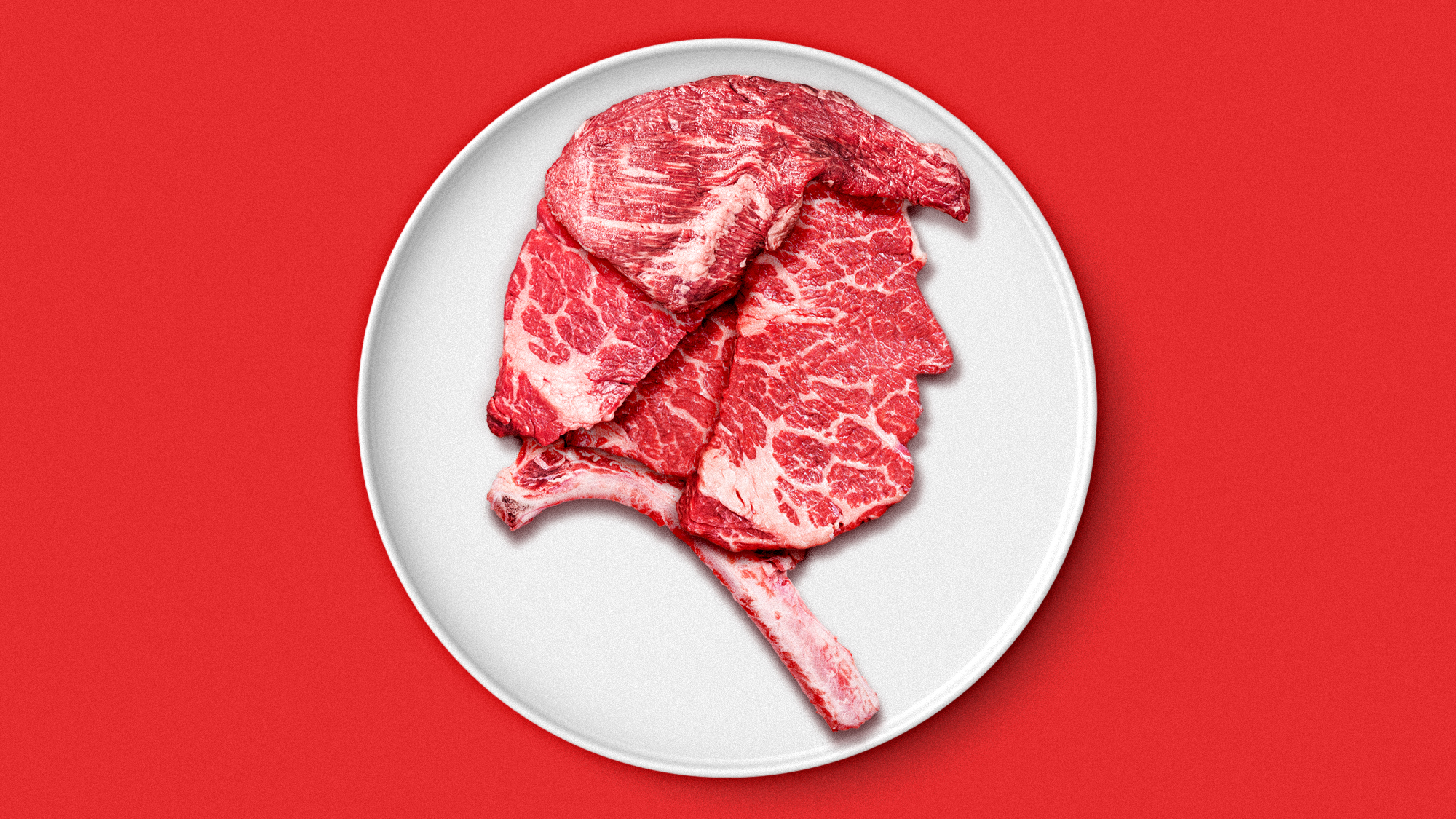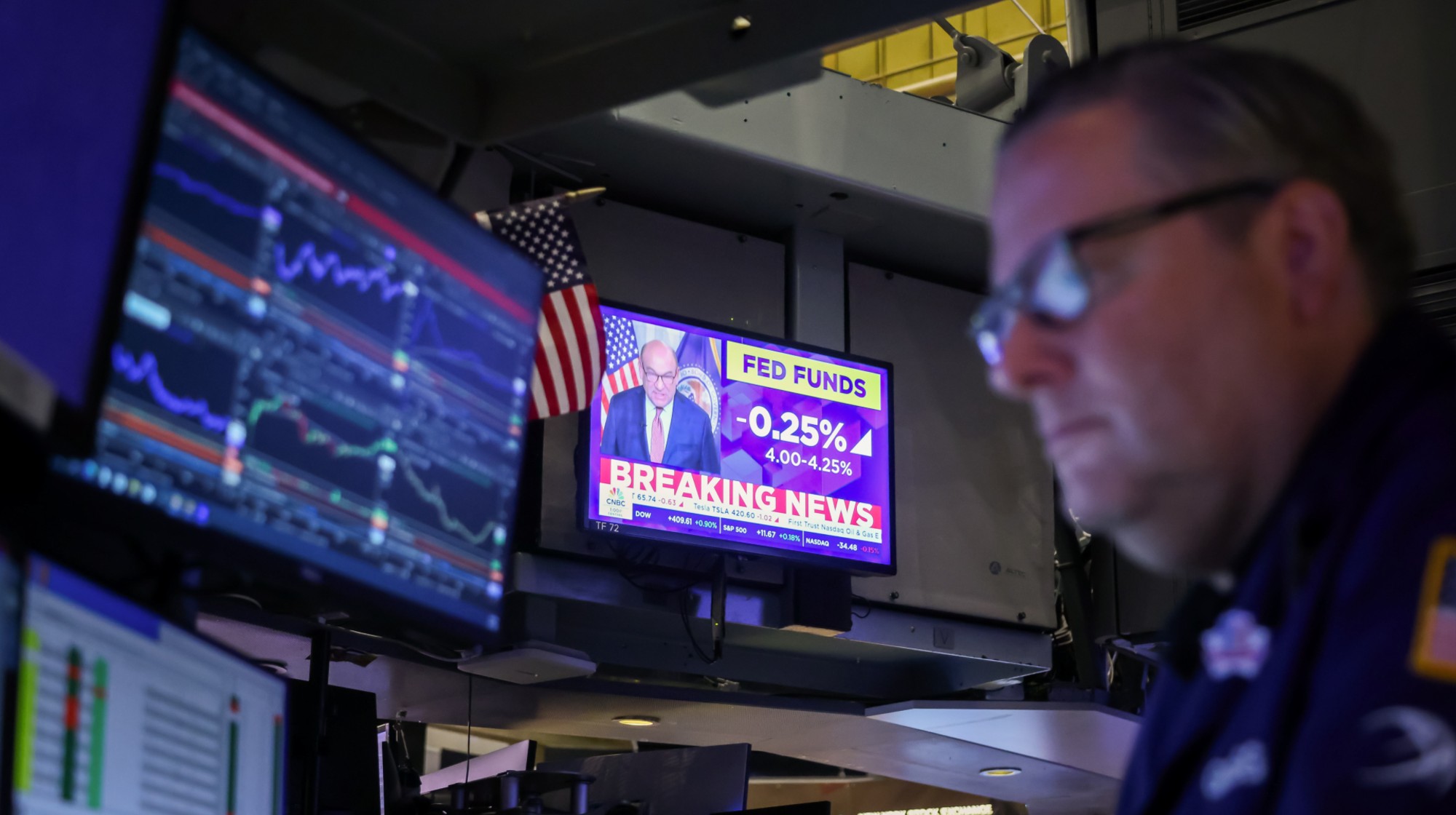Less free coffee with those donuts

A free daily email with the biggest news stories of the day – and the best features from TheWeek.com
You are now subscribed
Your newsletter sign-up was successful
Here are three of the week's top pieces of financial insight, gathered from around the web:
Bigger COLA, bigger risks
The biggest cost-of-living adjustment to Social Security since 1981 will put more money in retirees' wallets, said Alan Rappeport in The New York Times — and put more strain on the program. The Social Security Administration announced a COLA, which is based on the inflation rate, of 8.7 percent for 2023, boosting retirees' average monthly payments by $146. However, rising benefits mean the program will be "under even more pressure to sustain itself." Annual reports in June showed that the Trust Fund used for paying benefits is ticking down toward depletion by 2034; that date will come sooner if COLAs continue at similar levels. If that fund — the result of years of surpluses — is depleted, Social Security will need to be funded by incoming payroll tax revenue, "unless Congress intervenes." That covers just 77 percent of payouts.
The Week
Escape your echo chamber. Get the facts behind the news, plus analysis from multiple perspectives.

Sign up for The Week's Free Newsletters
From our morning news briefing to a weekly Good News Newsletter, get the best of The Week delivered directly to your inbox.
From our morning news briefing to a weekly Good News Newsletter, get the best of The Week delivered directly to your inbox.
Less free coffee with those donuts
Some chains are discovering they've been too generous with their customer loyalty programs, said Laura Reiley in The Washington Post, but retracting them is bad business. Last week, Dunkin' Donuts infuriated many of its most faithful customers after it "revised its 8-year-old DD Perks program and released a new Dunkin' Rewards system that many said devalued their points." When customers learned they now must "accrue more than twice as many points" to obtain the same freebies, Dunkin' devotees flooded social media with angry posts. "What idiot do you think I am, Dunkin? I did that math," one former Perks member wrote. In August, Chili's said the company would have to "rein in free food giveaways" after concluding that "37 percent of customer checks had some kind of discount offer applied."
Goldman, Apple expand accounts
Apple and Goldman Sachs introduced a high-yield savings account for users of the Apple Card, said Steve Dickson and Sridhar Natarajan in Bloomberg. The account "builds on the existing credit-card partnership between the two companies." Apple didn't announce an interest rate, although it said the accounts would offer a rate that is competitive; Marcus, Goldman's existing savings account, "currently gives users an annual percentage yield of 2.15 percent." Apple is relying heavily on services to "help fuel growth in coming years" and has been steadily expanding its financial offerings. It has a "buy now, pay later" installment plan service in the works.
A free daily email with the biggest news stories of the day – and the best features from TheWeek.com
This article was first published in the latest issue of The Week magazine. If you want to read more like it, you can try six risk-free issues of the magazine here.
-
 Switzerland could vote to cap its population
Switzerland could vote to cap its populationUnder the Radar Swiss People’s Party proposes referendum on radical anti-immigration measure to limit residents to 10 million
-
 Political cartoons for February 15
Political cartoons for February 15Cartoons Sunday's political cartoons include political ventriloquism, Europe in the middle, and more
-
 The broken water companies failing England and Wales
The broken water companies failing England and WalesExplainer With rising bills, deteriorating river health and a lack of investment, regulators face an uphill battle to stabilise the industry
-
 Will Trump’s 10% credit card rate limit actually help consumers?
Will Trump’s 10% credit card rate limit actually help consumers?Today's Big Question Banks say they would pull back on credit
-
 What will the US economy look like in 2026?
What will the US economy look like in 2026?Today’s Big Question Wall Street is bullish, but uncertain
-
 Is $140,000 the real poverty line?
Is $140,000 the real poverty line?Feature Financial hardship is wearing Americans down, and the break-even point for many families keeps rising
-
 Fast food is no longer affordable for low-income Americans
Fast food is no longer affordable for low-income AmericansThe explainer Cheap meals are getting farther out of reach
-
 Why has America’s economy gone K-shaped?
Why has America’s economy gone K-shaped?Today's Big Question The rich are doing well. Everybody else is scrimping.
-
 From candy to costumes, inflation is spooking consumers on Halloween this year
From candy to costumes, inflation is spooking consumers on Halloween this yearIn the Spotlight Both candy and costumes have jumped significantly in price
-
 Why are beef prices rising? And how is politics involved?
Why are beef prices rising? And how is politics involved?Today's Big Question Drought, tariffs and consumer demand all play a role
-
 Fed cuts interest rates a quarter point
Fed cuts interest rates a quarter pointSpeed Read ‘The cut suggests a broader shift toward concern about cracks forming in the job market’